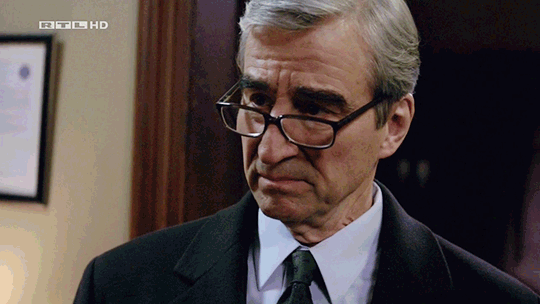The Sixth Amendment guarantees an ”impartial jury of the state and district wherein the crime shall have been committed." For nearly a century, courts have treated these words as a protection for defendants alone — one they can freely waive.
But there's reason to think this conception of the jury guarantee — merely an entitlement that defendants can spend as they please — is wrong or at least incomplete. Juries don't just protect defendants; they give the community a voice in criminal justice. It's a guarantee of not only an impartial jury but also a jury drawn from the community where the crime took place. Sometimes, to be sure, the community can protect defendants from an overzealous prosecution. But in other cases, a jury drawn from the community might actually protect the community by convicting.
That's especially true when the defendant is part of the government. Indeed, one of the complaints in the Declaration of Independence was that the crown had sought to immunize British soldiers from murder prosecutions by holding ”mock trials" far from the communities where the crimes occurred — that is, in places where juries were less willing to convict.
Yet today, it's not uncommon for police-officer defendants to bypass juries and opt for bench trials. Three officers charged in connection with Freddie Gray's 2015 death in Baltimore were acquitted by a judge, leading the state to drop charges against the remaining defendants and spurring calls for restrictions on jury-trial waivers. Under Maryland law, prosecutors have no power to object to bench trials.
One can understand why police officers might prefer bench trials. Judges, who are drawn from the legal elite, are likely less skeptical of police than inner-city residents, many of whom may have experienced police misconduct firsthand. Advocates for officers may argue that judges are less biased against the police than city residents. But one person's ”bias" is another's lived experience.
Consider Wilson's assertion that Smith probably possessed the gun in question because, based on the judge's ”nearly 30 years on the bench," ”an urban heroin dealer not in possession of a firearm would be an anomaly." Critics accused Wilson, who is white, of racial bias based on this ill-considered line. A jury drawn from the city — nearly 50 percent of the population is African American, and more than a quarter of St. Louisans live below the poverty line — very well might have approached the case with different assumptions.
https://www.washingtonpost.com/opin...f053ff30921_story.html?utm_term=.e5701c18b252
I think this is a rather interesting take.
Do you think police officers, who are agents of the government, should be allowed to bypass a jury (made up of members of the community) and have their fate decided by a judge (another agent of the government who likely does not share the same experiences as that community)?



